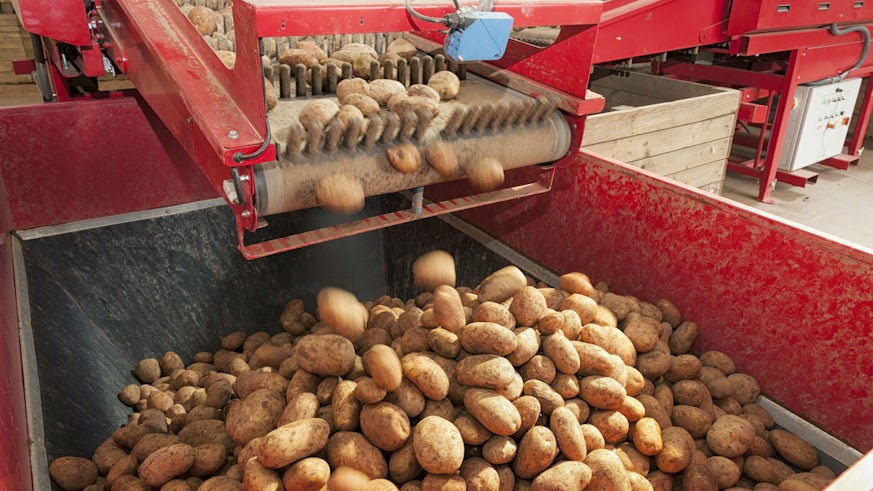The clock is ticking for UK food security unless a deal is done, says new report
24 July 2018

A careless Brexit poses significant risks to food flows into and out of the UK, say experts.
In “Feeding Britain: Food Security after Brexit”, Professor Terry Marsden, of Cardiff University, is one of a group of academics taking stock of how food, food security and food regulation are being addressed by HM Government in the Brexit discussions.
Professor Marsden believes too little attention is being paid to the special needs of Wales, Scotland or Northern Ireland, whose economies are highly food-dependent.
“There is a strong need for the joint production of a sustainable food framework which involves the devolved regions of the UK and the regions of England, such that it enhances food security and creates the basis for more healthy food consumption in the UK as a whole,” said Professor Marsden, who is director of the Sustainable Places Research Institute.
The report’s authors say the Government recognises the serious consequences that may ensue in the event of a no-deal Brexit because it is making contingency plans to suspend food regulations.
“One could argue that this is sensible emergency planning,’ says co-author Prof Tim Lang of the University of London. “But it is also risky. Consumers would rightly wonder who was guaranteeing the safety and quality of the imported food they were buying. Criminals would be alerted to opportunities for food fraud. And the move would send negative signals to the EU, at a delicate time in Brexit negotiations. It could make the UK’s 3rd country status more problematic for exports.”
The authors welcome the fact that the Chequers Statement of 6 July and subsequent White Paper recognise the importance of agri-food to Brexit. But, they say the documents have major weaknesses.
The Government also appears to be ambiguous on the question of migrant workers and how essential they are to the current working of the UK food system, the report says.
“Feeding Britain” also argues that an additional, unnecessary risk is being created by the Food Standards Agency’s decision to press ahead with major reform of UK food safety regulation, at a time when a stable regulatory regime should be in place as the basis of trade and Brexit negotiations.



